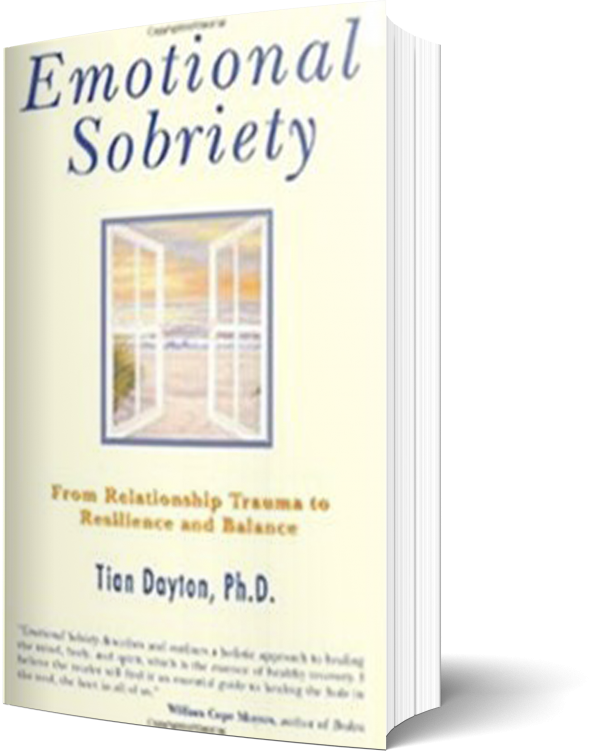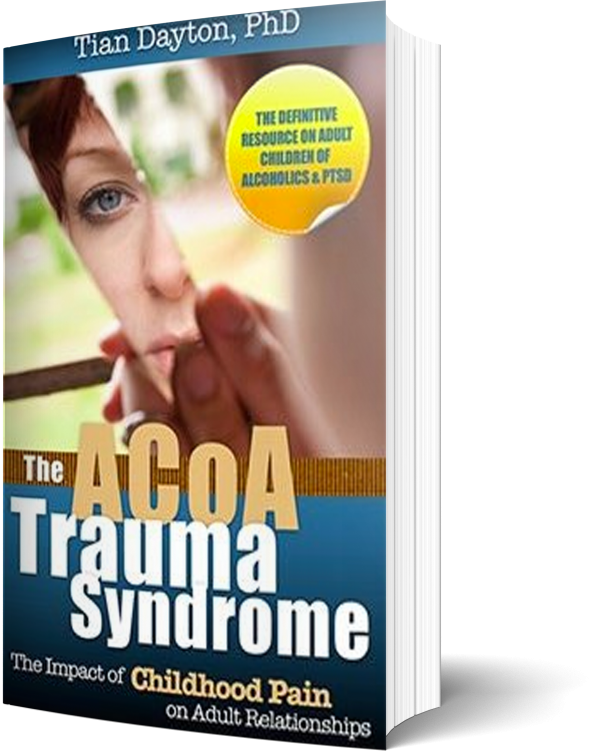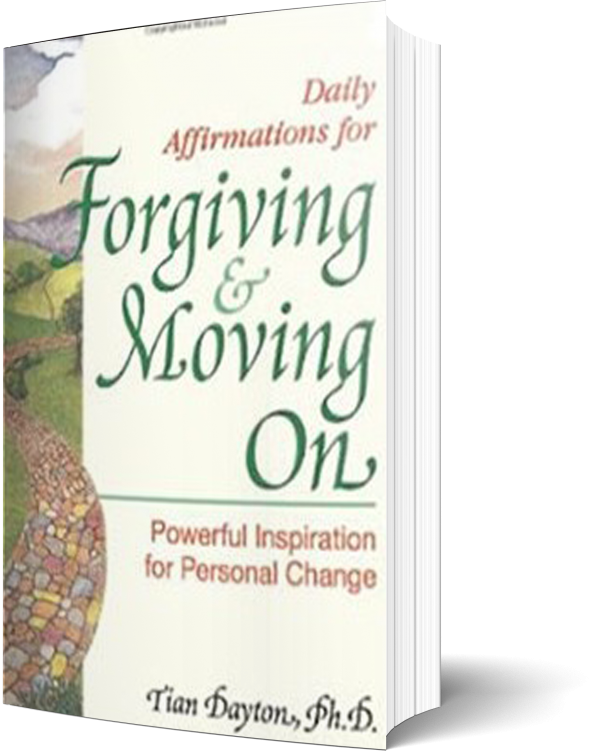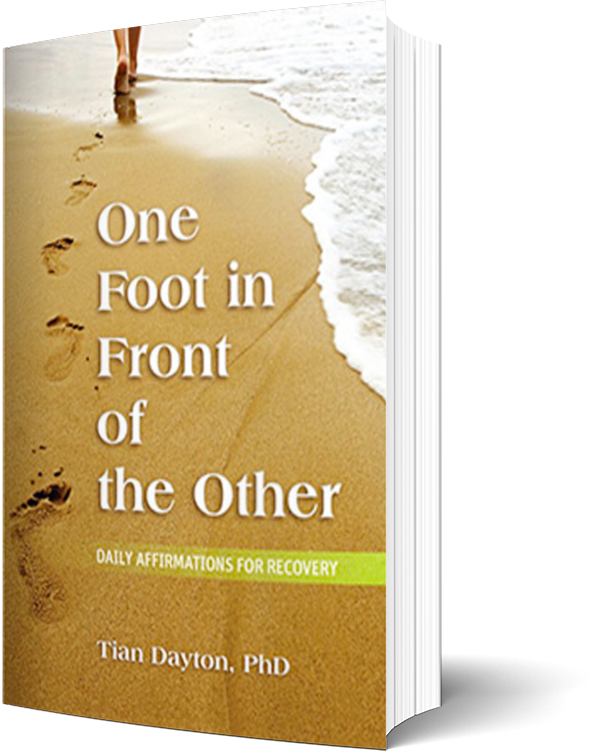Almost every species of animal engages in some form of play. Play helps all species, animal and human alike, to learn the adaptive behaviors that increase their chances of survival. But play can help us to “survive” emotionally and psychologically as well. Play performs a few important functions.
- It allows both animals and humans a safe way in which to release aggressions.
- For children, it provides practice in behaviors that are typically associated with adulthood
.
- It teaches skills of sharing, interacting and working together.
- It bonds and enhances intimacy.
Play is defined by researchers as an activity that encourages positive emotions and allows people to complete high-order relational goals, such as getting to know each other, learning about each other or engaging in a mutual interest together, at a higher rate than expected . Play is accompanied by smiling and laughter, and should allow participants to control their onset and their offset in the activity. In other words, play is not forced, it encourages autonomy, spontaneity and creativity. Friends, couples and co-workers who play together report feeling greater intimacy and closeness. And this sense of closeness develops at a faster rate than normal.
Play is Bonding and Preventative
Play bonds those who engage in it and helps to shake off tensions and aggressions that might interfere with work or relationships. Adults spend too little time at play according to research, and would benefit greatly from spending more time at it. In the workplace, “adult play helps to alleviate boredom, release tensions, prevent aggression, and create work group solidarity,” says Norman C. H. Wong of the University of Hawaii . Play also facilitates organizational learning, creativity, community-building and group cohesion, and overall, enhances adaptivity and attentiveness.
Whether your an adult playing with other adults, an adult playing with kids or children playing, taking play seriously may help you to bond, behave or learn, and you’ll have fun doing it!





